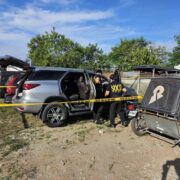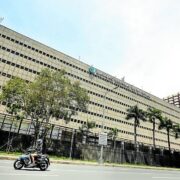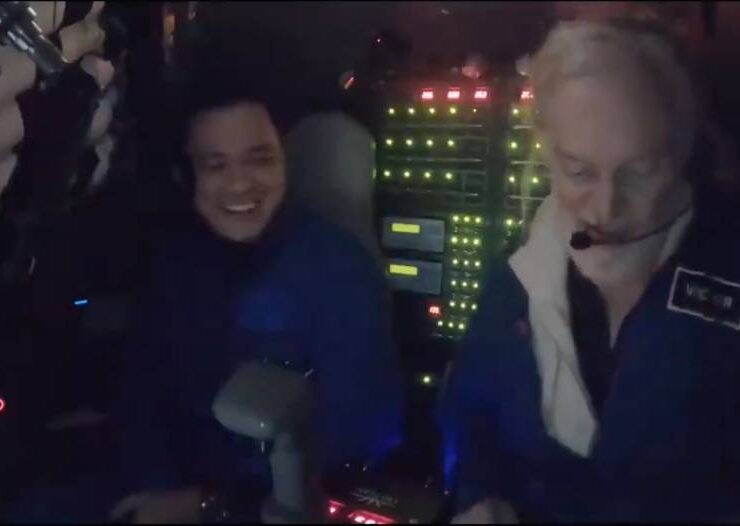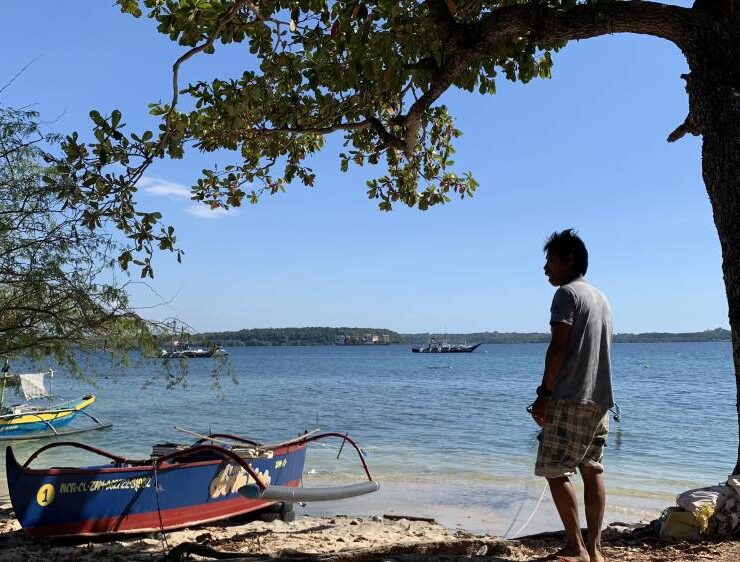‘Kian bill’ seen to protect rights of drug suspects
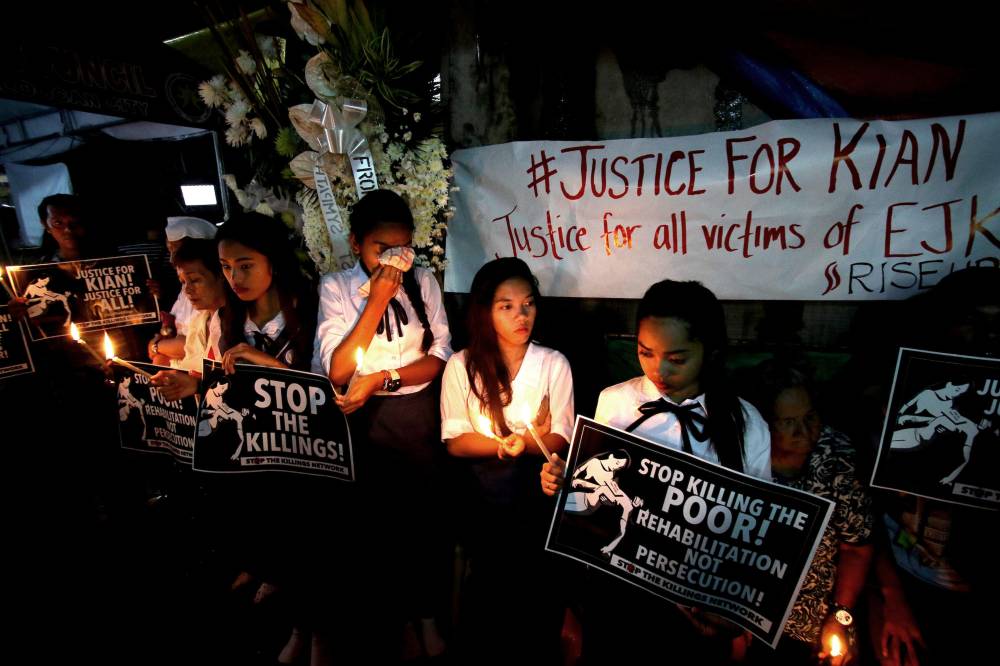
Newly inducted lawmaker Percival Cendaña on Monday filed a bill that seeks to ban the use of “tokhang,” narcolists and other “cruel” methods employed during former President Rodrigo Duterte’s bloody war on illegal drugs that claimed thousands of lives.
House Bill No. 11004, or the proposed Public Health Approach to Drug Use Act of 2024, filed by Cendaña of the Akbayan party list, calls for a state policy addressing the drug menace with humane solutions, where substance abuse will be treated as a health problem.
According to Cendaña, his draft measure, called the “Kian bill” after murder victim Kian Loyd delos Santos, aims to “prevent the killing of more innocent Kians.”
Delos Santos, 17, was fatally shot on Aug. 16, 2017, by Caloocan City policemen who claimed that the teenager was a suspected drug offender and had engaged them in a gunfight. It was later found that the policemen, who claimed that the teenager was on a drug list, grabbed Delos Santos near his home and beat him up before shooting and killing him.
High cost of drug war
According to official figures released by the Philippine Drug Enforcement Agency (PDEA), a total of 6,252 drug suspects were killed during Duterte’s campaign against illegal drugs from July 2016 to May 31, 2022.
However, human rights groups believed the number of deaths could be as high as 30,000, mostly poor suspects who were killed by police officers and vigilantes, many without proof they were linked to drugs.
The PDEA report also showed that apart from the more than 6,000 deaths, 345,216 suspects were arrested in the 239,218 operations by antinarcotics teams during Duterte’s term.
At the House committee on human rights hearing last June on the alleged extrajudicial killings under Duterte’s drug war, human rights lawyer Chel Diokno said that 20,322 drug war-related deaths from July 1, 2016, to Nov. 27, 2017, were mentioned in a 2018 Supreme Court en banc resolution as part of the 2017 yearend report of accomplishments of the Office of the President.
According to Diokno, 3,967 of these deaths happened during police operations, while “riding-in-tandem” assailants and other still-unknown individuals accounted for 16,355.
Health approach
Cendaña, a former commissioner of the National Youth Commission, said in Filipino that his bill would “instead of violence and bullets, provide drug users with ample remedies and care” to address the country’s drug problem.
The lawmaker pointed out that the “Kian bill,” which provides for a community-based health approach and social support interventions in addressing the drug problem, has a counterpart measure in the Senate filed by Sen. Risa Hontiveros.
HB 11004 is based on the Outcome Report of the Rapporteur for the United Nations Joint Programme for Human Rights in the Philippines, where the Duterte administration’s war on drugs was criticized for supposedly “primarily targeting street-level, mostly non-violent, persons who use drugs or sell minimal amounts of drugs and resorts to the mass incarceration of low-level actors in the trade, instead of focusing on the most dangerous actors who are the primary drivers of corruption, violence, and the drug trade.”
Prohibited acts
Cendaña noted that Republic Act No. 9165, or the Comprehensive Dangerous Drugs Act of 2002, was limited to criminal prosecution and facility-based rehabilitation.
“It is supplemented by numerous administrative issuances that implemented random urine testing in various settings, compulsory treatment, creation of drug lists, police visit of private residences, warrantless arrests, drug clearing operations, and various coercive measures which violated right to privacy, due process, and the right to health,” the lawmaker pointed out.
HB 11004 includes among prohibited acts mandatory drug testing; violation of privacy and unlawful interference; torture and cruel punishment; corporal punishment; involuntary treatment and compulsory detention; traumatic physical and psychological intervention; nondisclosure of effects of medication and treatment; denial of health services by virtue of health status and of drug use; and information misrepresentation on drug policies, programs and practices.
It provides stiff penalties on public officers and doctors found guilty of committing these banned acts.
Right side of history
Last month, based on initial findings by the House of Representatives’ quad committee investigating the drug war, 13 lawmakers also filed HB 10986, or the Anti-Extrajudicial Killing Act, to promote justice and accountability among state agents found guilty of the atrocity.
On Monday, Speaker Martin Romualdez maintained that the House was standing on the right side of history in investigating Duterte’s bloody war on drugs.
Romualdez assured the public that the chamber would hold its ground, despite attempts to derail the House quad committee’s inquiry, and prevent the country from returning to a “dark and evil” period.
In his opening remarks during Congress’ resumption of session, Romualdez stressed that attempts to impede the quad committee’s search for truth and justice will not succeed. —WITH A REPORT FROM INQUIRER RESEARCH





